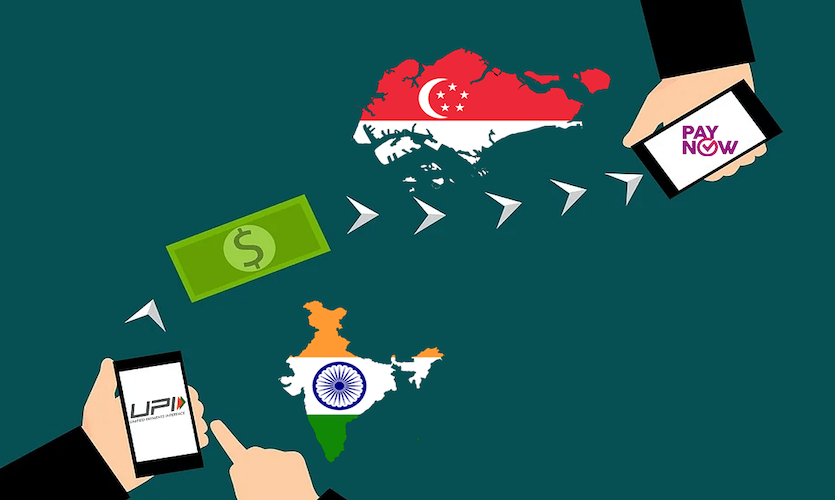The current world order is in great flux, changing the nature of international cooperation, creating geopolitical shifts and contributing in redistribution of power and politics. The pandemic has sought to bring out the inherent loopholes and weaknesses embedded in global institutions to sharp focus. The Western world comprising of North America and developed European countries seemingly considered as champions of multilateralism has failed to manage with the pandemic and/or provide any substantial leadership during this unprecedented crisis. The world has become more interconnected than ever, and rejuvenation or reformation of multilateralism is highly coherent and fit for purpose. This crisis has reminded the world of its fragility and importance of international unity. Rather than encouraging protectionist tendencies, leading to more inward-focused approach, governments should lay significant focus on international cooperation
Multilateralism not only values in ensuring good governance and execution of global public goods but it is highly fundamental in maintaining stability in an increasingly disrupted world.
The pandemic surfaced the lack of transparency and the inability to effectively respond to global crisis. Globalisation comes with merits and demerits; current situation exposes its limitations.
Multilateralism rigorously erodes as countries become more inward-focused, channeling their attention and strategies towards improving domestic manufacturing capacities and cutting dependence on foreign imports. It appears that an altercation between unilateralism and multilateralism is taking a discourse on international cooperation. The pandemic is exposing the vulnerabilities of the world’s most fragile and it has the potential to deepen existing conflicts like export of harmful products to other countries which generate new geopolitical tensions.
There is a strong need for reassurance and policies that reflect a renewed commitment and abstain from transforming into an autarchy system as a result of this global crisis. The current crisis in multilateralism could be a great opportunity for “the elephant in the room,” India. As some constituencies in the West, such as the United States, seek a gradual decoupling from China, they would be well attended to look toward India. Working together with a group of developed and developing countries could further amplify India’s voice moving towards development. India truly has a special place in the emerging scheme of things, that strongly pushes for institutional reforms in multilateral bodies so that their governance leverages the capabilities of the major players among both the developed and developing countries. Along with India, Africa too strives to achieve greater autonomy and ensure that the agenda of the global South is prioritized.
Although the institutions of global governance that were created after the Second World War, such as the UN, WTO, IMF, have served well, they have successfully failed to adapt to the rapidly changing global scenario and adequately represent the voice of the developing world. Therefore, democratic reforms in global institutions are quintessential. India’s quest for ‘reformed multilateralism’ primarily voices for constructive reforms. This agenda has been consistently reiterated in various multilateral platforms such as NAM, BRICS and IBSA because for decades, alignments, alliances, and assumptions have been long rooted in the legacies of colonialism and ideologies of the Cold War.
Multilateral agencies are creatures of international power politics. The WHO has become another failure of the multilateral system. It has come to recognition that mitigating this crisis would require coordinated efforts by actors such as India in the “depoliticization” of these institutions, reinstating principles such as neutrality and transparency in their organizational ethics. Neutrality and transparency are imperative for efficient functioning but it will require a coordinated effort and not polarization. India seeks to take over the leadership role in the WHO and its traditional reluctance to take sides, will be put to test again. Moreover, in this interconnected world, there is a need to revive multilateralism by making it more articulate and fit for purpose, meaning reinforcing the institutions and mechanisms that work, reforming or eliminating those that don’t, and creating those we need. The crisis reminds the world leaders and institutions of their fragility and the importance of international unity. The urgency of these challenges may seem less pressing now, but the threats they post to all persist.










